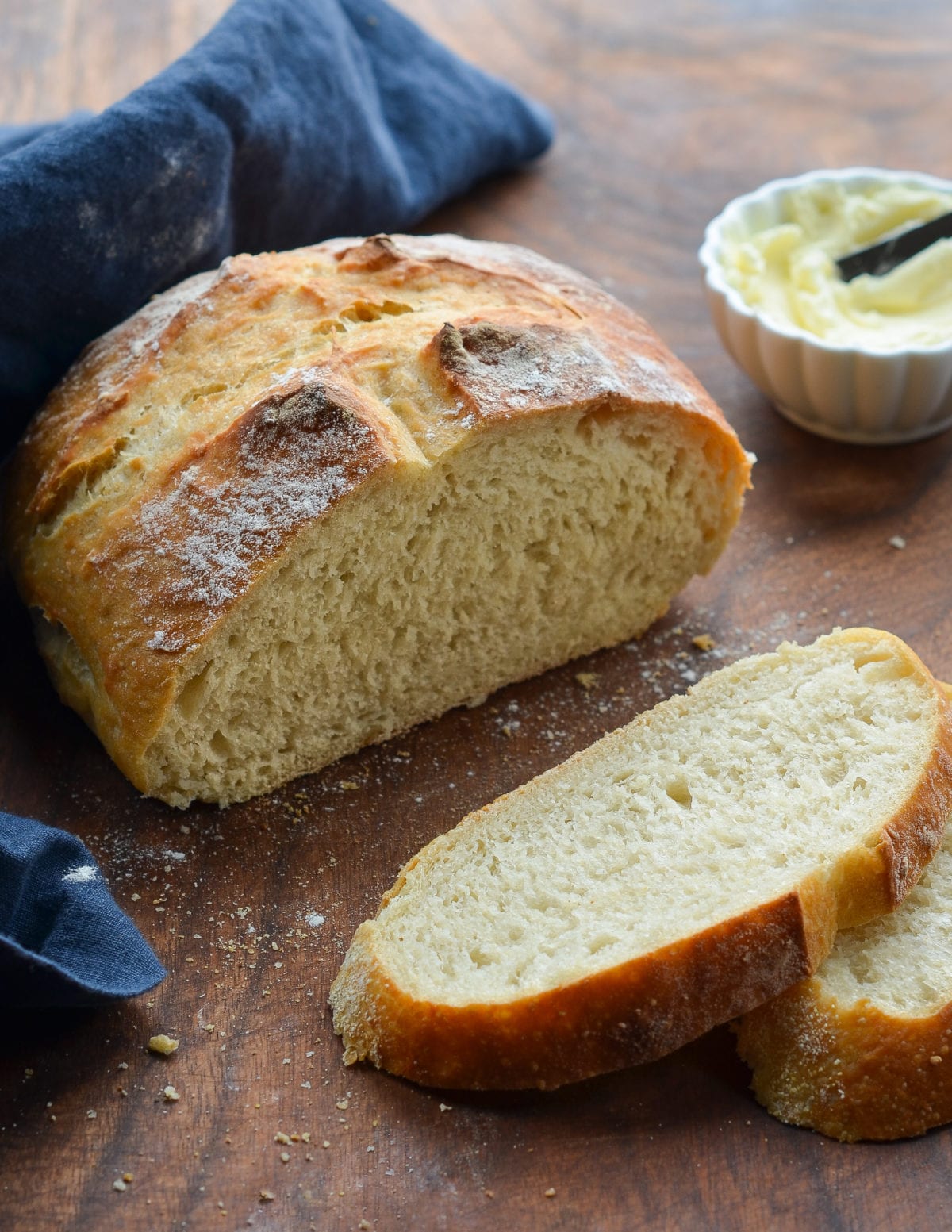Bread and wine have long been emblematic in various cultures and traditions, representing sustenance, community, and spiritual nourishment. In the context of the Bahá’í Faith, these two elements transcend their physical attributes, embodying profound spiritual significances intertwined with the teachings of the religion. The exploration of bread and wine reveals intricate layers of meaning, harnessing the intersection of the material and the spiritual to elucidate the core tenets of Bahá’í beliefs.
To comprehend the spiritual connotations of bread and wine within the Bahá’í framework, one must first distill their multifaceted roles throughout history and across various cultures. Bread, a staple in numerous diets globally, symbolizes the body of humanity, community, and the basic necessities that unite individuals. Conversely, wine often represents higher spiritual truths, joy, and the transformative nature of the divine. Together, they serve as powerful metaphors for unity, the gathering of souls, and the nourishment of both the spirit and body.
In the Bahá’í perspective, the act of sharing bread and wine transcends mere physical consumption; it embodies the essence of spiritual communion. Bahá’u’lláh, the founder of the Bahá’í Faith, emphasized the significance of unity and the interconnectedness of all humanity, a theme that reverberates throughout the teachings of the faith. This interconnectedness is poignantly illustrated through the communal act of sharing these elements, which symbolizes an inclusive gathering of hearts and minds in pursuit of divine understanding.
One of the essential teachings within the Bahá’í Faith is the principle of oneness. The symbolism of bread as a sustenance that nourishes the body parallels the need for spiritual nourishment through unity and collective growth. Just as individuals rely on bread to sustain them physically, they also require spiritual nourishment through unity with others. The sharing of bread within a community setting acts as a catalyst for dialogue, understanding, and reciprocal learning.
In this light, wine emerges as a representation of the transformative power of faith and love. In religious ceremonies, wine is often associated with joy, celebration, and spiritual awakening. The Bahá’í teachings invite adherents to partake in experiences that uplift the spirit, cultivate love among individuals, and foster a sense of belonging and acceptance. Wine, therefore, becomes a metaphorical vessel through which believers can experience transformation, reflecting the divine attributes of love and grace.
Moreover, the symbolism of bread and wine also provides an opportunity to delve into the concept of sacrifice and service within the Bahá’í teachings. The act of breaking bread together serves as a reminder of the sacrifices made by those dedicated to advancing the cause of humanity. Similarly, the sharing of wine can symbolize the willingness to undergo trials and tribulations for the sake of love and service to others. This intertwining of sacrifice, love, and unity serves as the cornerstone of Bahá’í teachings, urging individuals to recognize their shared humanity.
Intrinsic within the Bahá’í Faith is the notion of spiritual foods, wherein believers are encouraged to seek sustenance not only from material possessions but also from prayers, spiritual insights, and communal gatherings. The teachings encourage individuals to cultivate a heartfelt connection with their fellow beings, drawing strength from shared experiences and collective aspirations. This spiritual nourishment, akin to the sustenance gained from bread and wine, fosters a sense of belonging and communal harmony.
In examining the transformative aspects of bread and wine, it is essential to acknowledge their role in fostering personal and communal development. The act of indulging in these elements facilitates personal reflection, encouraging individuals to contemplate their place within the universe. Amidst the ritual of sharing, one learns to appreciate the beauty of diversity while cultivating empathy, understanding, and compassion—all fundamental aspects of the Bahá’í teachings.
The concept of bread and wine extends beyond communal gatherings into the broader spiritual journey. Just as bread is made through the efforts of many, individuals must strive collectively toward enlightenment and self-realization. The shared experiences of growth, trials, and triumphs can be likened to the fermentation of wine, maturing through time and patience. The progressive nature of both bread and wine symbolizes the continuous evolution of the spirit and the pursuit of knowledge.
At the core of these teachings lies the notion of the interconnectedness of all creation and the recognition that divine attributes are manifest in every individual. The act of sharing bread and wine becomes an expression of honoring this divine connection. When believers share these symbols, they acknowledge their responsibility to create a more just and peaceable world, reflecting the principles of service and sacrifice central to Bahá’í beliefs.
In conclusion, the Bahá’í teachings regarding bread and wine offer an intricate tapestry of spiritual significance that transcends their material forms. They become symbols of unity, transformation, and the profound interconnectedness of humanity. The teachings encourage a collective journey toward spiritual growth, where individual acts of service and love contribute to the larger mosaic of humanity. Through the shared experience of bread and wine, individuals are invited to embrace their spiritual essence, fostering a world enriched in understanding, compassion, and unity.
